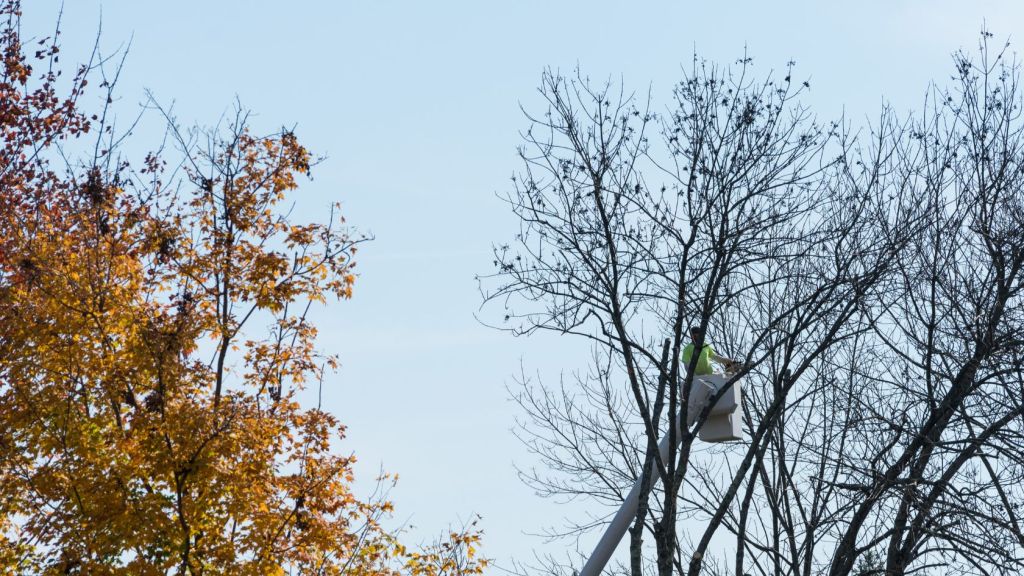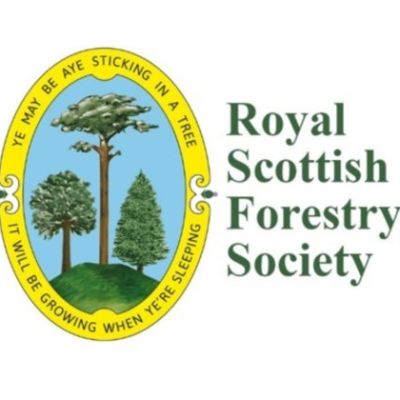How often should trees be inspected and what happens if you decide not to follow professional recommendations with regard to frequency of inspection? These are questions that we’re asked, if not daily, on a very regular basis. Some customers want to know the most cost-effective way to manage large commercial forestry plantations whilst others may be seeking advice on the best way to care for elderly specimens in residential gardens. In either case, our recommendations will be based on what is best for the trees and for the client too. For specific recommendations, please call or message us now. For general advice, we hope the rest of this week’s post proves useful.

How often it is recommended that you have your trees inspected will depend very much on who you ask and the nature of your commercial plantation or woodland area. Generally speaking, most professionals advise on annual inspections but the more experienced among us realise that this is often not possible, for a number of very good reasons. With manpower and budgetary constraints very much in mind, we normally recommend that all types of trees (on either commercial or residential land) are inspected at least once every three years. However, for particular types of trees and certain environments, we urge clients to consider annual inspections. The increased frequency of inspections may initially lead to higher running costs for the land in question but, in the long term, it will almost certainly pay dividends as vulnerable specimens are treated earlier and potential issues dealt with before they have a chance to develop into large and expensive problems.
How Often Should Trees Be Inspected in Residential Areas?
Whether you are responsible for thousands of trees on a large residential property development or just a handful of specimens in a domestic garden, we would normally recommend an inspection once every three years. For smaller specimens with slower growing rates, this interval may be extended, especially if the property owner knows how to look out for common pests, diseases and general growing issues. In the majority of cases, common sense will go a long way when trying to find the right balance between cost and tree care for specimens growing in residential properties.
If you have a particularly large garden, with a large number of mature trees, an annual inspection may be preferable, especially if maintenance costs are not an issue. What’s more, many conditions and issues can be dealt with more easily the earlier they are identified, which means annual inspections could actually help to save money in some such cases.
What Sort of Trees May Require Special Care and Attention?
Whilst it’s not possible for us to give specific advice in a blog post, as we need to be familiar with the trees and the environment in which they are growing before we can provide a professional recommendation, we can offer you our thoughts on when more frequent inspections may be advisable:
- Veteran Trees – Notable or veteran specimens are often more vulnerable to damage and disease, hence the need for more frequent inspections.
- Large Plantations of Young Trees – Large numbers of saplings should be inspected more frequently if at all possible, to help avoid future problems.
- Very Crowded Woodland Areas and Commercial Plantations – Trees growing close together are often more susceptible to disease and should therefore be observed more closely.
For actionable advice pertaining to your trees, please feel free to call or message us. One of our experts will be happy to provide you with a personalised recommendation.
Our qualified team of experienced Arborists offer sustainable and cost-effective forestry and arboriculture services. For the long-term health and success of your trees. From small urban gardens, large estates and anything in between.






